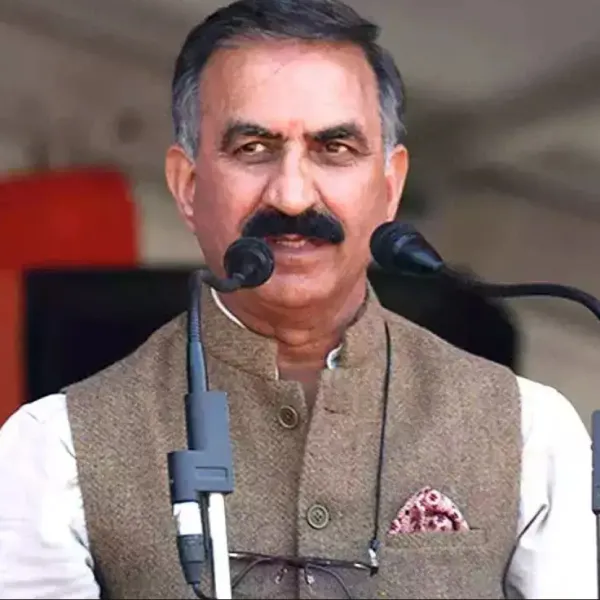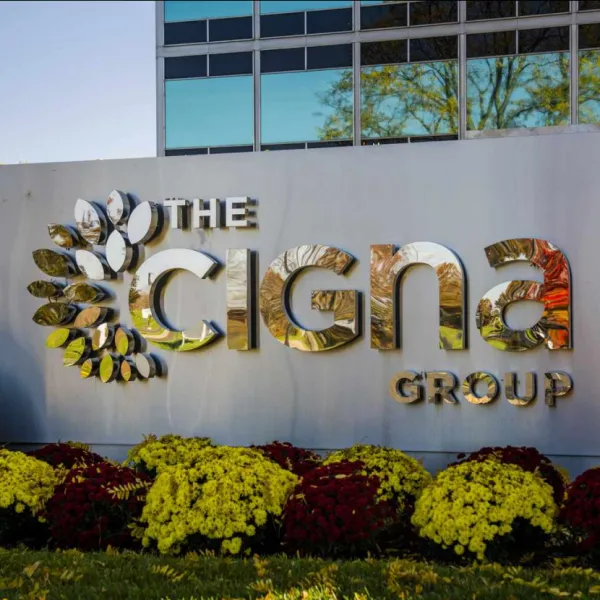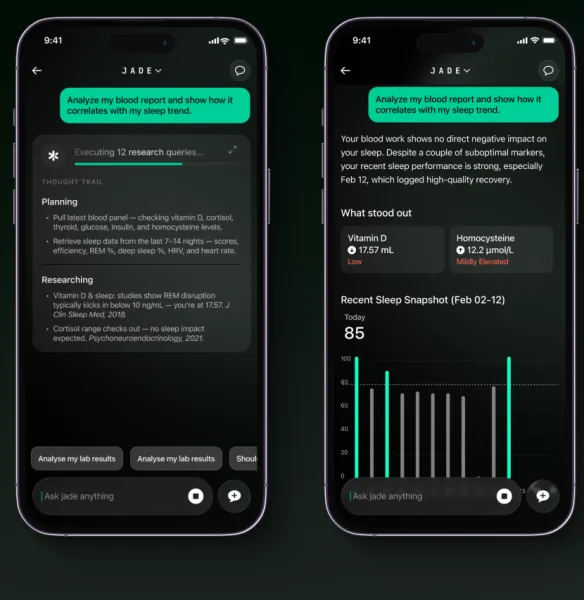Delhi-based Startup HealthCRED Secures $1.2 Mn in Seed Funding

The funding round was led by Antler India, TRTL VC, DeVC, iSeedVC, and Angel List India, with notable angel investors including Dr Subho Ray, Nitin Gupta, Amit Lakhotia, and the founders of InsuranceDekho and Docquity participating.
Delhi-based HealthCRED, a B2B healthcare financing startup, has secured $1.2 million in seed funding.
The funding round was led by Antler India, TRTL VC, DeVC, iSeedVC, and Angel List India, with notable angel investors including Dr Subho Ray, Nitin Gupta, Amit Lakhotia, and the founders of InsuranceDekho and Docquity participating.
The fresh infusion of funds will be directed towards expanding HealthCRED’s operations into Southern and Western India, enhancing customer relationships, and developing advanced B2B loan management systems.
This investment will also support recruiting new talent to strengthen the team.
Founded in 2022 by Shrey Jain and Arpit Jangir, HealthCRED aims to address the significant working capital challenges faced by hospitals and healthcare service providers in India.
The startup is working towards establishing itself as the country’s first healthcare-focused Small Finance Bank (SFB), offering tailored financing solutions for the healthcare sector.
HealthCRED’s approach involves collaboration with hospitals, specialized healthcare service providers (HSPs), insurers, and supply chain partners to deliver efficient financing solutions. The startup aims to stabilize cash flow cycles by providing early financing for delayed insurance receivables, thus supporting the overall quality of patient care.
"With the rapid penetration of health insurance in the post-COVID scenario, there has been an increased working capital management stress for Hospitals and HSPs.This would help further ensure quality delivery of patient care, thereby enabling improved alignment with SDG Target 3.8 and Universal Healthcare Coverage (UHC)," Shrey Jain, cofounder and CEO of HealthCRED, explained.
According to Jain, the key factor is the delay associated with the realization of insurance receivables. We aim to work towards stabilizing their cash flow cycles through early financing of these delayed receivables.
Nitin Sharma, partner at Antler India, highlighted the significance of the funding said, “The healthcare ecosystem faces a significant working capital gap, particularly impacting small to mid-sized hospitals with limited capital access and claims management capabilities. This gap is expected to widen with increasing health insurance penetration and delayed insurer payments.”
He added that HealthCRED aims to address this by offering working capital finance against cashless insurance receivables, targeting a multi-billion dollar gap.
Addressing the Capital Gap
Nitin Sharma, partner at Antler India, highlighted the significance of the funding. He said, “The healthcare ecosystem faces a significant working capital gap, particularly impacting small to mid-sized hospitals with limited capital access and claims management capabilities.
This gap is expected to widen with increasing health insurance penetration and delayed insurer payments. Banks and NBFCs typically focus on large hospital infrastructural loans, leaving small hospitals underserved.”
He added that HealthCRED aims to address this by offering working capital finance against cashless insurance receivables, targeting a multi-billion dollar gap. We are thrilled to back Shrey, Arpit, and the HealthCRED team to become a major healthcare lender and address various financing needs over time.
Other Notable Developments in Healthcare Funding
In related news, Udaipur-based digital healthcare startup Karma Primary Healthcare has recently secured INR 11 Cr (approximately USD 1.3 million) in Series A funding from the UBS Optimus Foundation. The round also saw contributions from 1Crowd and other investors.
Karma Primary Healthcare plans to use the funds to advance its technology, extend value-added services, and enhance its team. It will focus on developing a patient-centric care model for rural areas in India.
Additionally, Delhi-based Visit Health raised more than INR 250 Cr ($29.8 million) through a combination of private placements, debt financing investments, and the acquisition of stakes held by PB Fintech’s subsidiary, Docprime Technologies.
Stay tuned for more such updates on Digital Health News
































